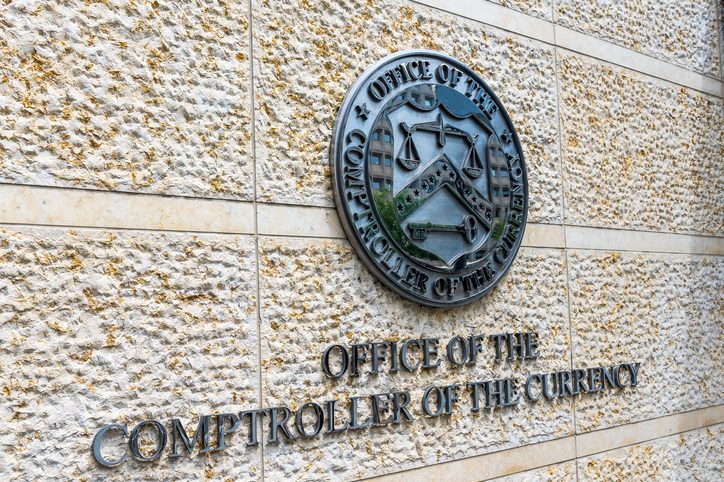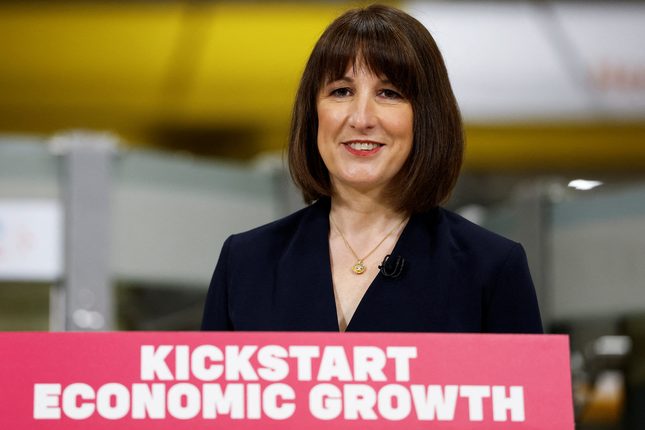More than one hundred UK regulators, covering sectors from financial services to fisheries, could soon be facing a government audit into their performance, the FT has reported.
Chancellor Rachel Reeves also wants to assess the need for some of those regulators, and could even decide to get rid of some of them, the report says.
Details of the plan are not yet available, but the chancellor is expected to write to ministers and ask them to fully scrutinise regulators under their respective briefs. It is the latest move in a series of efforts to prioritise economic growth and cut regulatory red-tape which, according to the government, is hindering investment.
Last month, the chancellor summoned many of the UK’s key regulators to the Treasury and asked them to “‘tear down regulatory barriers’ that hold back economic growth.” Business secretary Jonathan Reynolds also recently raised the question of whether the UK had the right number of regulators, adding that he thought there were too many.
Reshaping regulation
He also said ministers are discussing behind the scenes plans about reshaping the country’s regulatory landscape, arguing that the current environment was not doing enough to drive investors’ confidence and support growth.
“Watch this space. I’m serious about delivering our wider regulatory reform over the coming weeks and months,” Reynolds told a Samsung KX event in London.
In October, Prime Minister Keir Starmer told an International Investment Summit in London he would pave the way for foreign investors to come and invest in Britain by “ripping up bureaucracy.”
But critics have argued that strong independent regulators are a sacred pillar of the UK, and that too much government intervention in the sector could have negative consequences.
“It seems like the UK now welcomes monopolies provided they have an investment story. There’s something really topsy-turvy about this,” a former regulator recently told The Guardian.

















